Sleep and Performance: How Quality Rest Fuels Your Fitness Goals
# Sleep and Performance: How Quality Rest Fuels Your Fitness Goals
In the pursuit of fitness goals, whether it’s building muscle, losing weight, or enhancing endurance, many enthusiasts often overlook a crucial component of their regimen: sleep. While diet and exercise are undoubtedly vital, quality rest is equally important for optimal performance. Sleep is not merely a time for the body to recharge; it is a fundamental pillar of health that impacts everything from physical strength to cognitive function. In this blog post, we will explore how sleep affects fitness performance, provide nutritional tips, exercise advice, and highlight the health benefits of prioritizing quality rest.
## The Sleep-Performance Connection
Sleep is essential for recovery, muscle repair, and overall health. During sleep, the body undergoes various processes that are critical for athletic performance. For instance, growth hormone, which plays a key role in muscle growth and repair, is primarily released during deep sleep. Additionally, sleep helps regulate hormones that control appetite and stress, which can significantly affect an athlete’s training and recovery.
A lack of quality sleep can lead to impaired performance, decreased motivation, and longer recovery times. Research shows that sleep deprivation can reduce strength, increase fatigue, and lead to a higher risk of injury. Athletes who prioritize sleep report improved reaction times, better focus, and enhanced mood, all of which contribute to improved performance.
## Nutrition Tips for Better Sleep
What you eat can significantly impact the quality of your sleep, and consequently, your athletic performance. Here are some nutritional tips to enhance your sleep quality:
1. **Focus on Whole Foods**: Incorporate whole grains, fruits, vegetables, lean proteins, and healthy fats into your diet. These foods are nutrient-dense and can help regulate sleep patterns.
2. **Limit Caffeine and Sugar**: High caffeine intake can disrupt sleep patterns. Aim to avoid caffeine in the afternoon and evening. Similarly, high sugar consumption, particularly before bed, can lead to energy crashes that interfere with sleep.
3. **Eat Sleep-Inducing Foods**: Certain foods can promote better sleep. Consider including foods rich in magnesium (like spinach and almonds), tryptophan (found in turkey and bananas), and melatonin (such as cherries and oats).
4. **Stay Hydrated but Not Overly**: Dehydration can disrupt sleep, but drinking too much water right before bed can lead to frequent bathroom trips. Aim for hydration throughout the day rather than guzzling water in the evening.
5. **Establish a Routine**: Consistency in meal times can help regulate your body’s internal clock, which positively affects sleep quality.
## Exercise Advice for Better Sleep
Physical activity is not only crucial for fitness but also plays a significant role in improving sleep quality. Here are some exercise-related tips to consider:
1. **Timing Matters**: While regular exercise promotes better sleep, the timing of your workouts can impact your rest. Strive to complete high-intensity workouts at least a few hours before bedtime, as exercising too close to sleep can raise heart rates and body temperatures, making it harder to fall asleep.
2. **Incorporate Aerobic Exercises**: Engaging in aerobic exercises like running, cycling, or swimming has been shown to improve sleep quality. Aim for at least 150 minutes of moderate aerobic activity each week.
3. **Strength Training**: Resistance training not only builds muscle but also enhances sleep quality. Aim to include strength training exercises at least two days a week.
4. **Practice Relaxation Techniques**: Incorporating activities like yoga or stretching can help unwind the body and mind, preparing you for a restful night. Focus on deep breathing and meditation to promote relaxation.
5. **Listen to Your Body**: Pay attention to how your body responds to different workout intensities and timings. Some people may find that lighter workouts, like walking or gentle yoga, are more beneficial for sleep than intense sessions.
## Health Benefits of Quality Sleep
Prioritizing sleep has


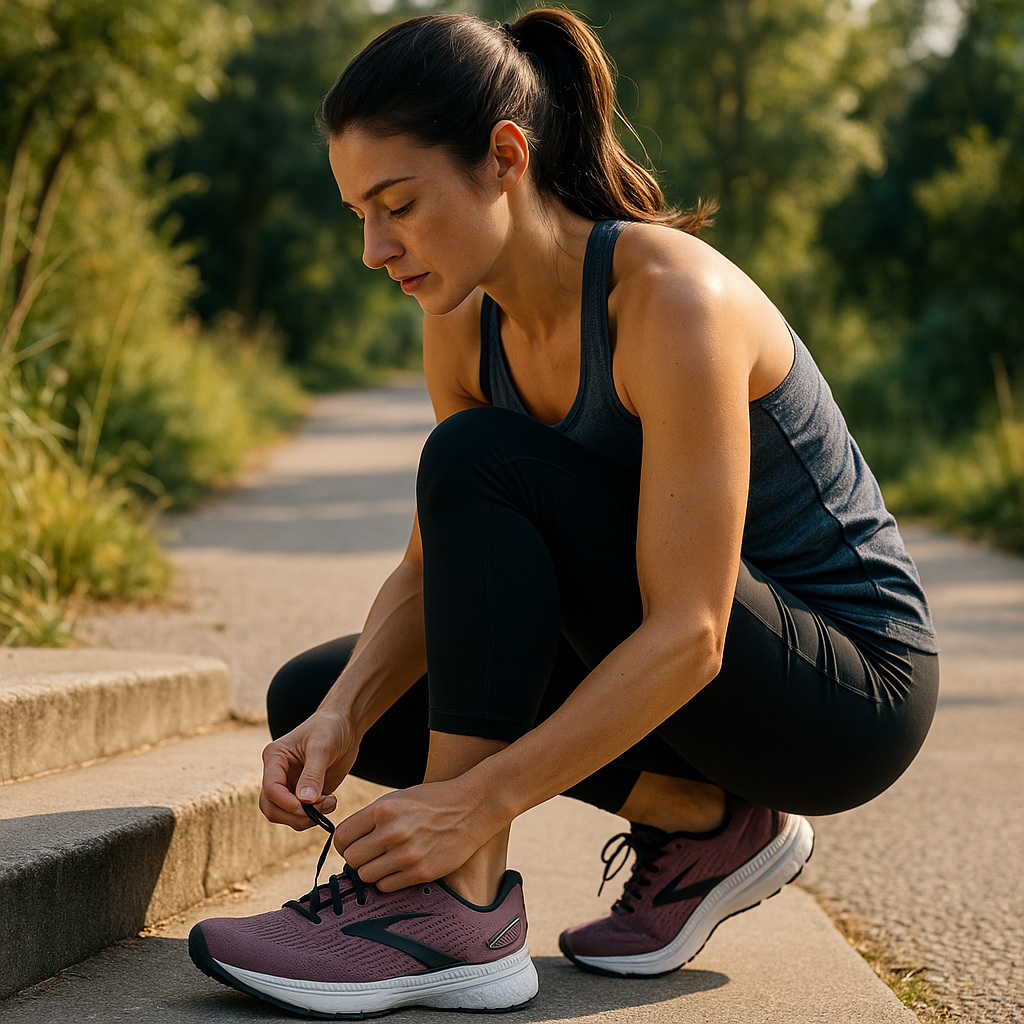
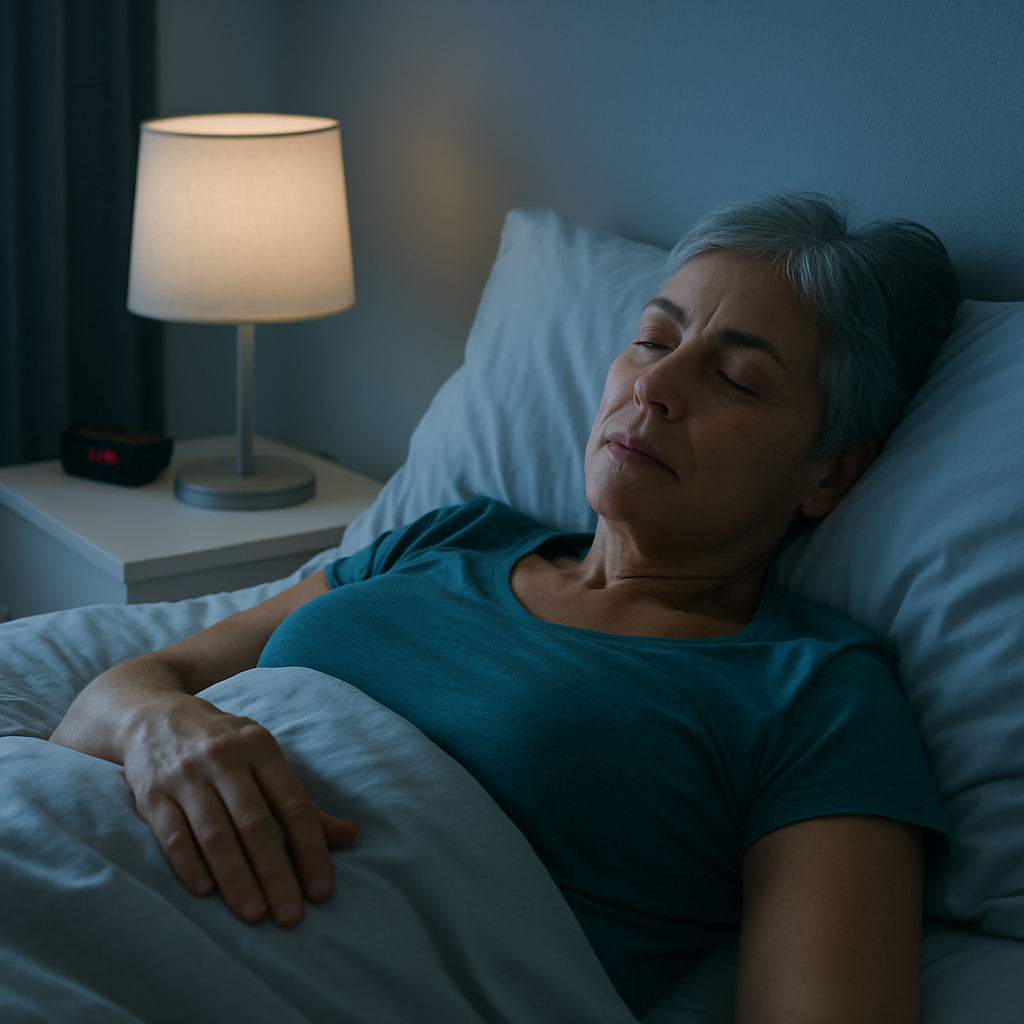
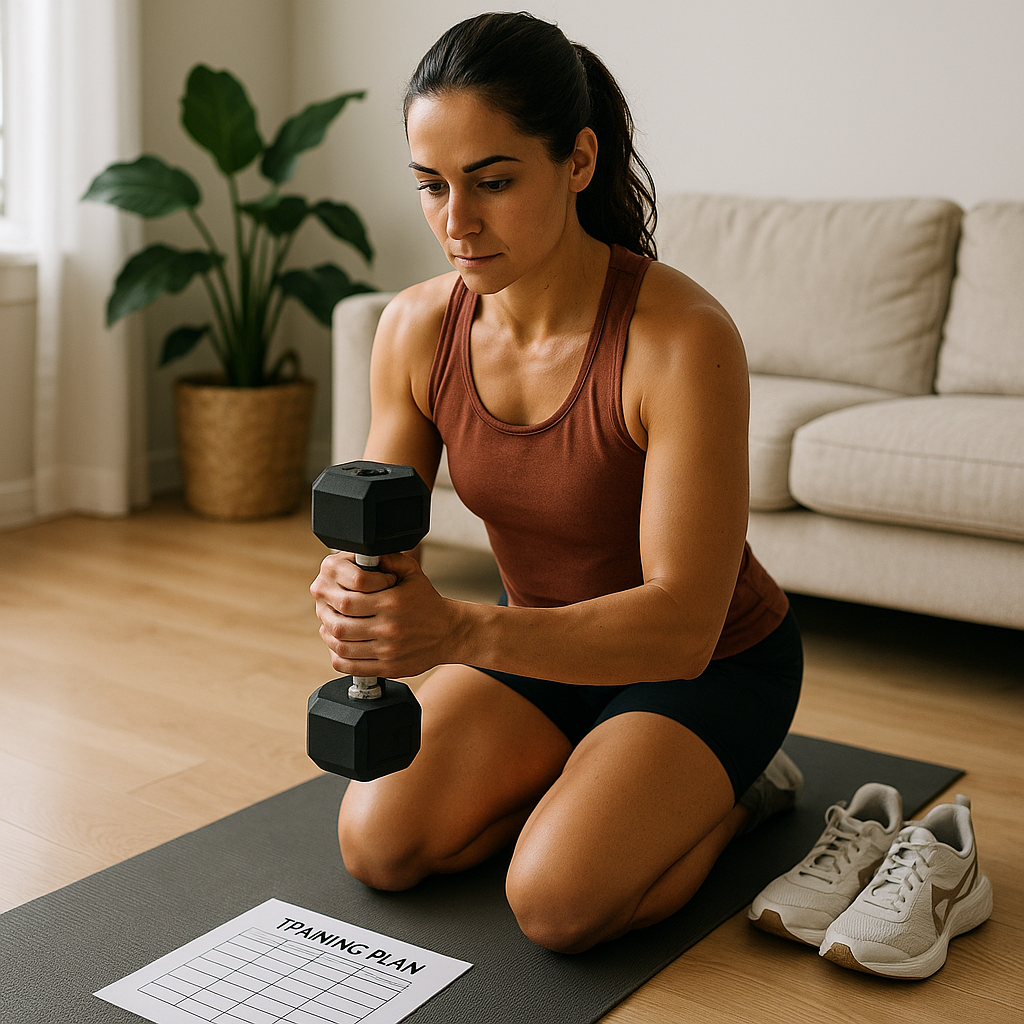
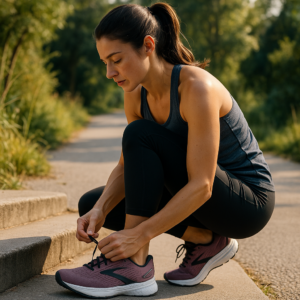
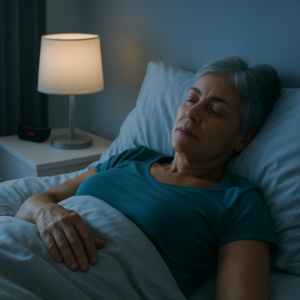
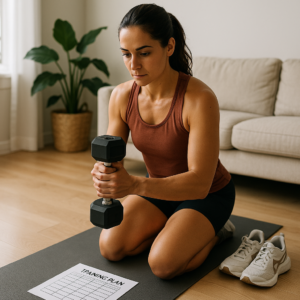


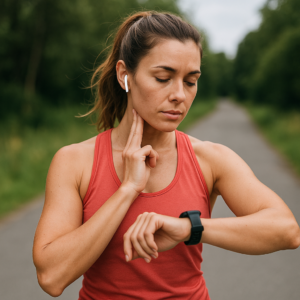
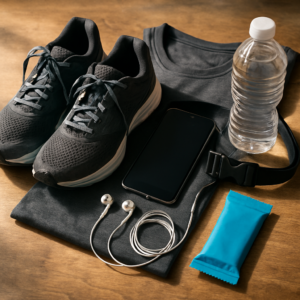
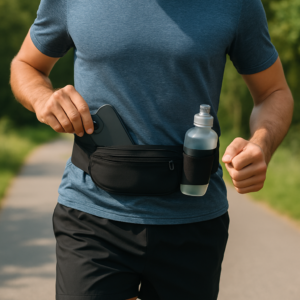
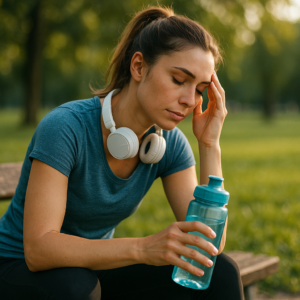

Post Comment